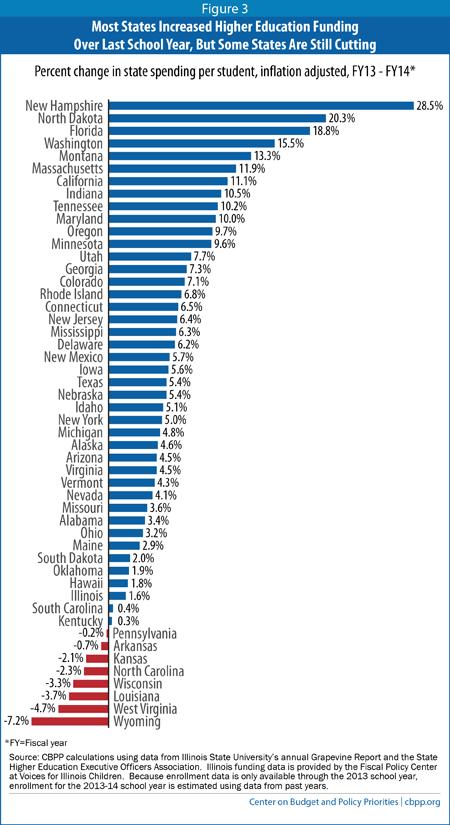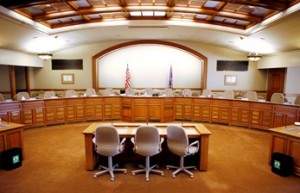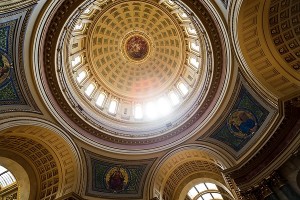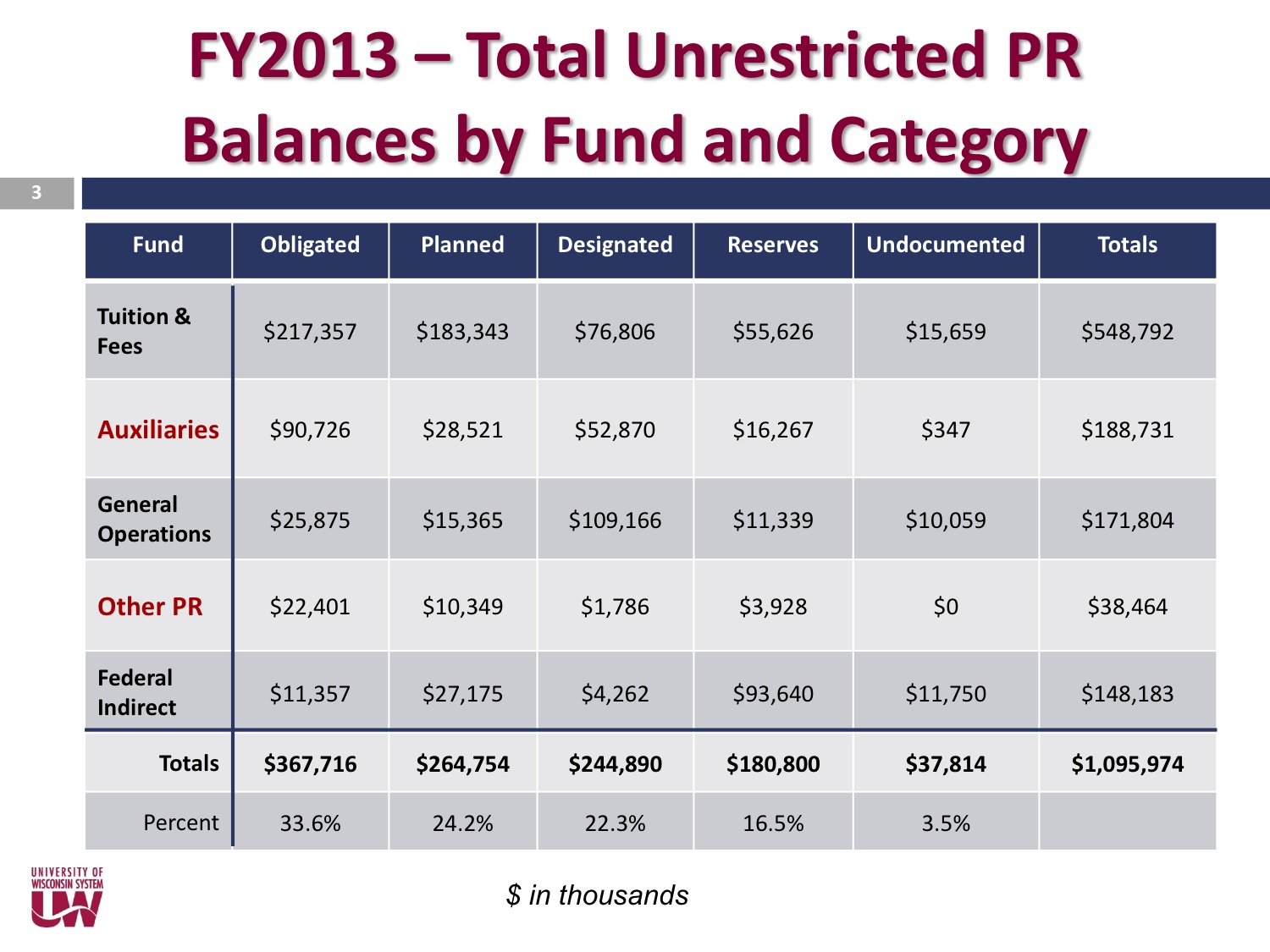Federal, statewide, and legislative candidates hoping to be on the ballot this fall were required to submit nomination papers to the Government Accountability Board by 5 pm yesterday, Monday, June 2. Nomination papers are subject to verification, and a full list of candidates is here.
There were few surprises, as most candidates had publicly announced their candidacy over the past several months. One exception is the surprise candidacy of former State Senator Gary George (D-Milwaukee). George served four years in federal prison after being found guilty of conspiracy to defraud the government in 2004. George filed papers to challenge longtime incumbent Congresswoman Gwen Moore, a Democrat from Milwaukee, saying public service is his calling.
Locally, Congressman Mark Pocan faces opposition from Republican Peter Theron of Madison. Theron holds a Ph.D in mathematics from UW-Madison and is a math instructor at Madison College. He ran against Congresswoman Tammy Baldwin in 2008, garnering 31 percent of the vote.
State Representative Brett Hulsey will appear on the Democratic gubernatorial primary ballot with Madison businesswoman Mary Burke. State Senator John Lehman will face Mary Jo Walters in the Democratic primary for Lieutenant Governor. The winners will face Governor Scott Walker and Lt. Governor Rebecca Kleefisch in November.
The offices of Secretary of State, State Treasurer, and Attorney General all have crowded primaries:
- Secretary of State: State Representative Gary Bies of Sister Bay will face Julian Bradley of La Crosse in the Republican Primary. The winner will challenge incumbent Doug La Follette, a Democrat.
- State Treasurer: Democrats David Leeper and David Sartori face off in the Democratic primary, while Matt Adamczyk and Randall Melchert are on the Republican ballot.
- Attorney General: Three Democrats are vying for the opportunity to face Republican Brad Schimel, Waukesha County District Attorney in November — Jefferson County District Attorney Susan Happ, Dane County District Attorney Ismael Ozanne, and State Representative Jon Richards.
Most incumbent legislators in Dane County face token or no opposition. However, first term Representative Dianne Hesselbein (D-Middleton) will face Middleton Republican Brent Renteria in the 79th Assembly District.
Two Democrats are vying to represent Assembly District 78: Alders Mark Clear and Lisa Subeck. The primary election will almost certainly decide the November winner; the top vote-getter has no opponent on the general election ballot.





